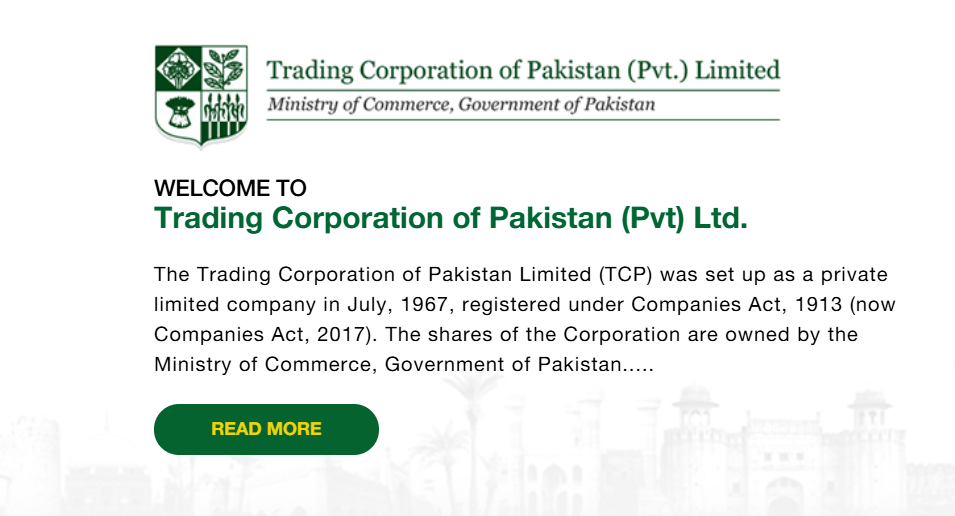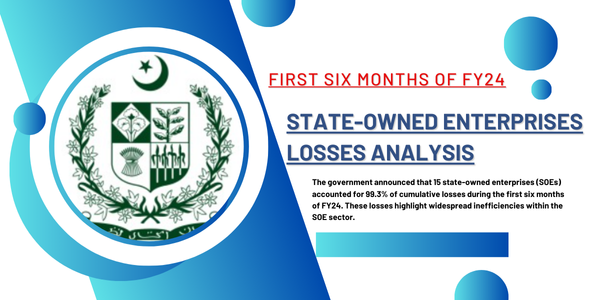TCP Rejects Lower Sugar Import Bids Despite Price Advantage: Official Documents Reveal
Background: Sugar Imports Amid Price Volatility
As Pakistan continues to battle inflation and rising food costs, the Trading Corporation of Pakistan (TCP) has come under scrutiny for rejecting lower-priced bids in its latest sugar import tender. The procurement was aimed at importing 200,000 metric tons of sugar to stabilise domestic prices. However, documents reveal that TCP dismissed the most economical offers due to documentation issues, raising concerns over transparency and fiscal prudence.
TCP Rejects Lower Sugar Import Bids, Competitive Prices, Disqualified on Technical Grounds
Among the five companies that submitted bids, M/s ED&F Man Sugar Limited offered the lowest price at $539 per metric ton, followed by Bare Syndicate FZCO, a German firm, at $555 per metric ton. Despite their competitive pricing, both bids were rejected. TCP cited “documentation issues” as the reason, though specifics remain undisclosed. These rejections have sparked debate over whether procedural rigidity is costing the country financially.
Accepted Bids: Higher Prices, Compliant Documentation
In contrast, TCP accepted bids from:
- Louis Dreyfus (Switzerland) at $580.75 per metric ton
- Al Khaleej Sugar (Dubai) at $586 per metric ton
The evaluation team deemed these bids compliant and successful, even though they were significantly more expensive than the rejected offers. This decision raises questions about the criteria used for bid evaluation and whether the team overlooked potential cost-saving opportunities.
Government’s Broader Strategy: Stabilising Sugar Prices
To counteract market volatility, the government has also facilitated the import of 85,000 metric tons of sugar through SOCAR Trading, backed by established Letters of Credit (LCs). These imports are expected to reach Pakistan soon and are part of a broader strategy to stabilise retail sugar prices.
Implications: Transparency, Procurement Policy, and Public Trust
The rejection of lower bids has ignited discussions around:
- Procurement transparency and accountability
- Cost-efficiency in public sector imports
- The balance between technical compliance and economic benefit
With sugar being a staple commodity, decisions like these directly affect household budgets and public perception of governance
Earlier reports incorrectly stated that TCP raised objections to the documents submitted by two companies, leading to the rejection of their bids, even though they had offered lower prices in their tenders for importing 200,000 metric tons of sugar.
On Sunday, the Trading Corporation of Pakistan (TCP) clarified that it accepted the three bids for the import of sugar in accordance with the requirements outlined in the PPRA Rules, 2004.
TCP announced that M/S ED&F Man Sugar Limited, London, submitted the lowest bid to supply/import 50,000 MT of sugar, correcting the earlier news report that inaccurately stated the amount as 100,000 MT. They accepted this bid at the quoted price of USD 539/MT and issued a bid acceptance letter, which the firm has also accepted.
The organisation clarified that it rejected only one bidder, M/S Bare Syndicate FZCO, for failing to provide the mandatory bid security document, which made their bid non-responsive. “Thus, we accepted all three bids per the requirements outlined in the PPRA Rules, 2004,” the statement continued.
Consequently, TCP issued bid acceptance letters to all three bidders for the import/supply of 105,000 MT of sugar.



